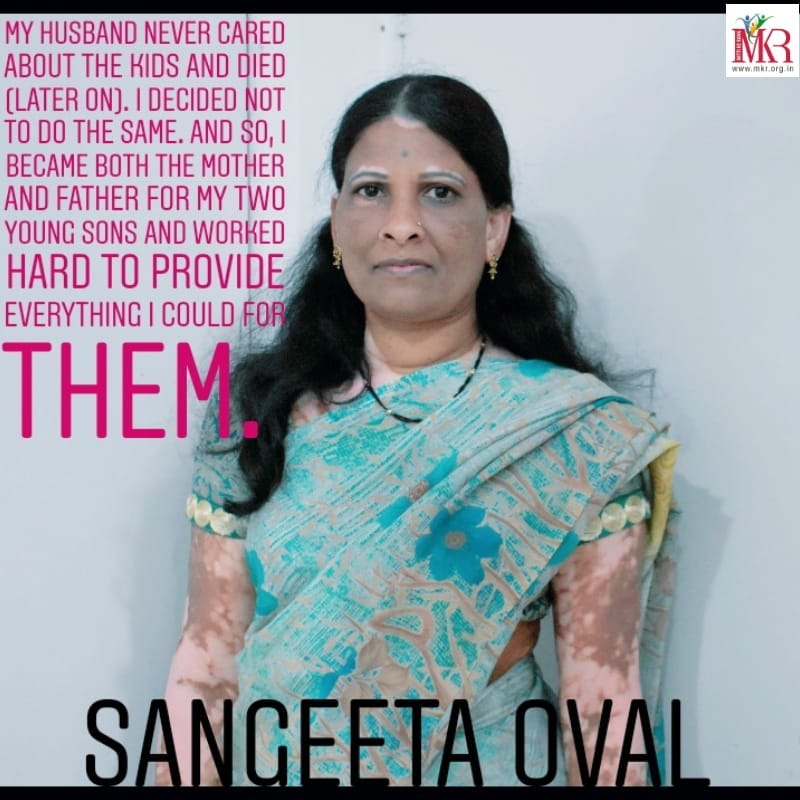Canopy Nepal was started in 2015 by a small yet passionate group of youths who saw a need for better quality of education in government schools and decided to make a difference. The organization runs various educational programs with public schools in the valley with a primary goal of promoting an interactive learning system in order to counter the traditional focus on rote memorization prevalent in Nepali schools. Canopy has engaged students from public, private and community schools by providing them with suitable programmes that have been designed and practised thoroughly by the members of Canopy Nepal as well as other professionals experts at their own field.
Canopy Nepal currently runs seven programs to promote education, re-engage students in a love of learning, facilitate discussions among education professionals on effective teaching and learning. Canopy’s flagship program, Learners’ Hub: English Improvement Classes (EIC), seeks to improve English skills among children, whilst simultaneously improving student’s attitudes towards language acquisition. The main goal of this programme is to reduce their fear and hostility towards the language and increase their enthusiasm in bettering their english skills. A session of letter writing and exchange between the children in Rawson Saunders School in the US and children from EIC partner schools is also conducted under the same program which is facilitated by International Student Learning Inc. or ISL.
CANSHIP, or Canopy Nepal Scholarship program funds school expenses for underprivileged children, in partnership with NCEP Canada. CANSHIP currently serves 52 students providing for their tuition, uniforms, and supplies. Moreover, not just bounded to their materialistic needs CANSHIP also provides them with other programmes overseeing their wellbeing in general such as their recent programme of Career Counselling Sessions. Career Counselling Sessions is a 2-day session which aims to guide CANSHIP's current SEE appearing scholars in choosing the right path after grade 10. It aims to provide them with knowledge and information on available courses and scholarship opportunities so as to encourage them to pursue further education.
FESSHIP is another scholarship program which provides educational support to underprivileged students to complete their secondary education and/or vocational training to better their lives and prospects in collaboration with Friends of Nepal Adelaide Inc. (FONAI).
Canopy also runs two other skill-focused programs under the project of Learner's Hub: Lekhaun, which focuses on building skills related to academic writing in general, and Katha Bunaun, which emphasizes on fostering the love and story writing and storytelling. Additionally, Canopy seasonally runs Young Learners’ Camp, a residential camp which seeks to engage children in fun, educational, and interactive activities.
Finally, Canopy has organized a series of panel discussions titled ‘Understanding Education’. Incorporating various organizations involved in education - such as the Ministry of Education, the U.S. Embassy, UNESCO, and the USAID - Understanding Education seeks to facilitate meaningful conversations about education in Nepal, and hopefully, to inspire resulting positive changes within the system.
The organization hopes to find its way to the students, who are in need for a help to find their way to their desired goals and destinies with a podium where students can discover new ways of learning, also learn to express their voice where Canopy stands as a pillar who are involved directly or indirectly in their respective journeys.
Originally written by: Heather Schultz
Updated by: Sabanam Thapa
Heather Schultz is a graduate of Evergreen State College. She worked closely with Canopy Nepal as an intern from October 2017-June 2018.
Originally written by: Heather Schultz
Updated by: Sabanam Thapa
Heather Schultz is a graduate of Evergreen State College. She worked closely with Canopy Nepal as an intern from October 2017-June 2018.
Sabanam Thapa is a team member with Canopy Nepal. She is currently studying BASW from Thames International College.
View Your Choice has collaborated as an outreach partner with Canopy Nepal.





















